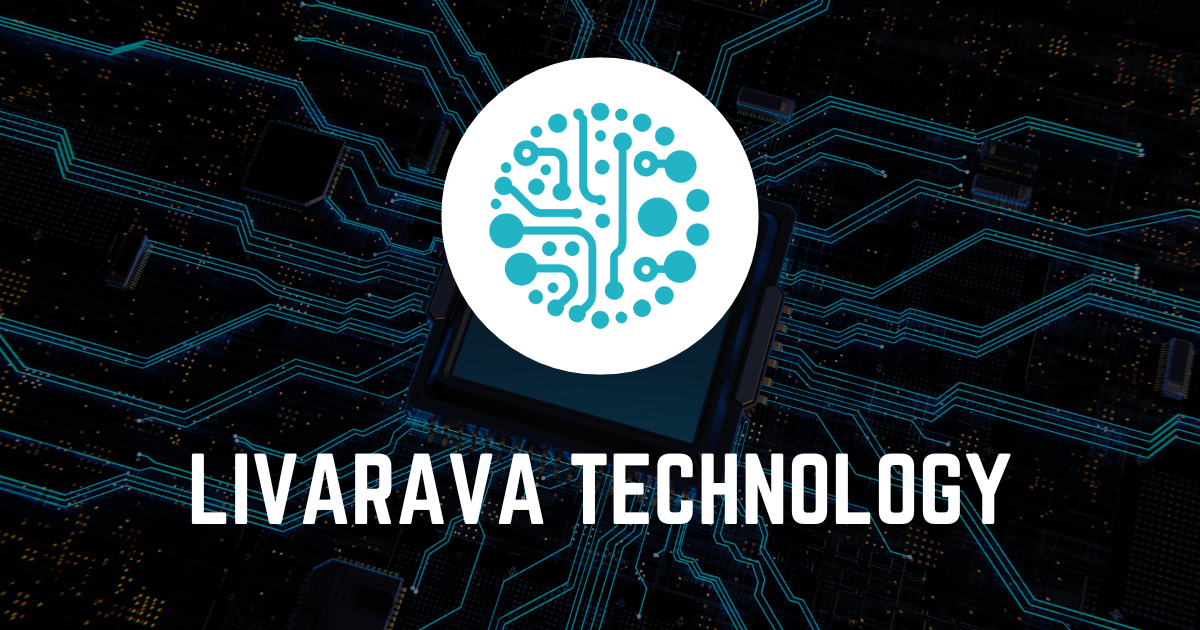Revolutionizing Polycystic Ovary Syndrome Diagnosis with a Machine Learning Approach

Overview of the Machine Learning Model
This article discusses the development of a machine learning-based model, specifically designed for the accurate detection and classification of Polycystic Ovary Syndrome (PCOS) using pelvic ultrasound technology.
Significance of Accurate Diagnosis
- The model utilizes advanced algorithms to analyze ultrasound images.
- It aims to provide higher diagnostic accuracy than traditional approaches.
- This is crucial for effective treatment and management of PCOS.
Conclusion
The introduction of this innovative model marks a significant advancement in healthcare technology. By employing machine learning, the capability to diagnose PCOS in patients will become substantially more effective, ultimately leading to better health outcomes.
This article was prepared using information from open sources in accordance with the principles of Ethical Policy. The editorial team is not responsible for absolute accuracy, as it relies on data from the sources referenced.